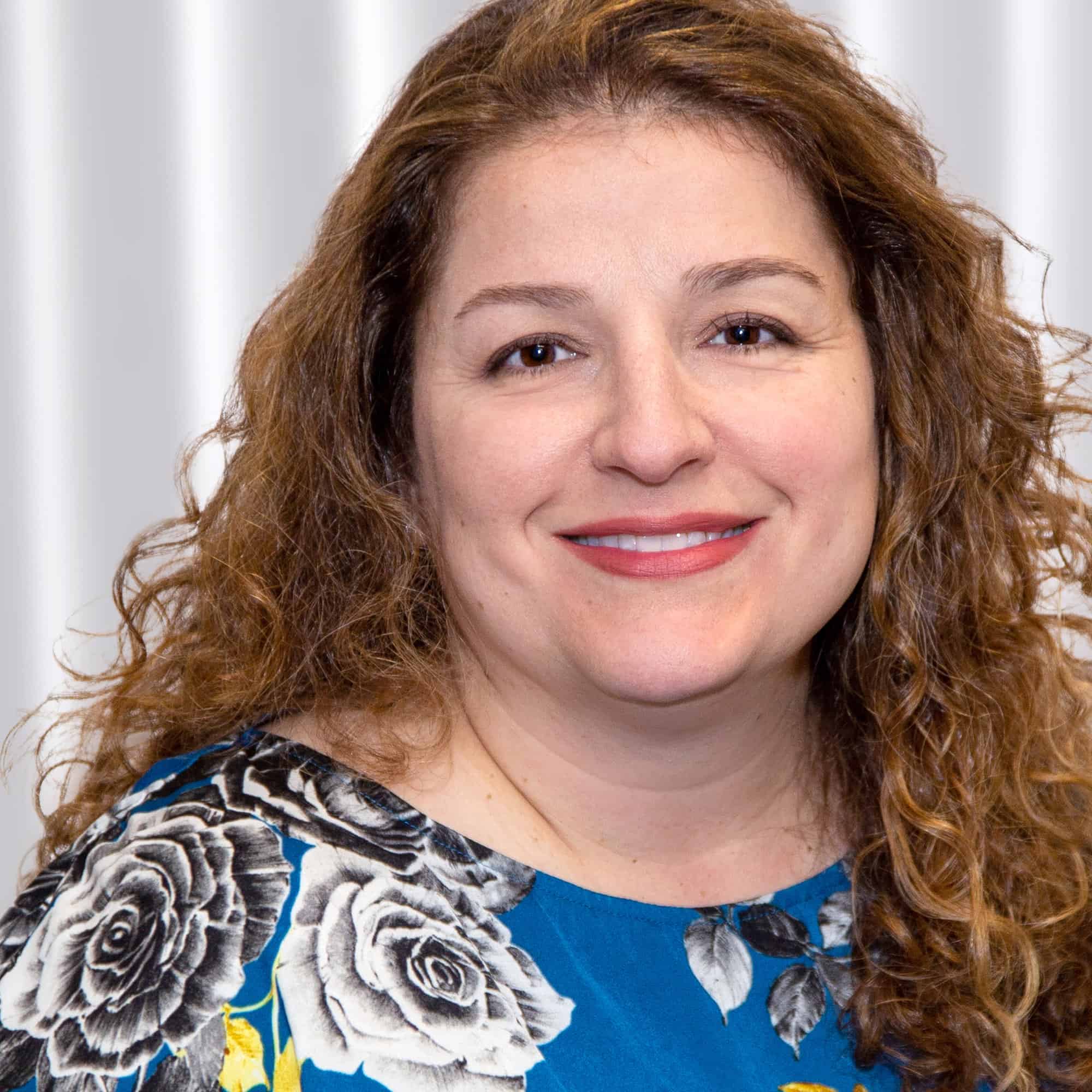By Andrea K. Kovar, Attorney, Generation Law
Are you in the difficult position of needing to make care decisions for an elderly or disabled parent or loved one? Can’t make heads or tails of all the information floating around on the internet? Too busy to even begin researching and trying to understand which resources and services are available for care?
It may reassure you to know that there are experienced senior care professionals out there who can help. Known as geriatric care managers, their job is to help families like yours identify senior care needs and find ways to answer those needs.
The Role of Geriatric Care Managers
For decades, extended families often shared the responsibility of caring for aging family members. These days, however, greater mobility often means families are living farther apart. As a result, it’s not unusual to see the job of caring for an elderly loved one land on one family member.
These family caregivers are faced with the daunting task of juggling careers and responsibilities to their immediate families with caring for an elderly family member, who can have a demanding set of concerns and needs. A 2020 study by AARP and the National Alliance for Caregiving revealed that three out of five caregivers work full- or part-time at a paying job and spend the equivalent of another part-time job as caregivers.
Geriatric care managers provide assessments and coordinate care, which can include:
- Explaining complex senior care issues
- Devising short- and long-term care plans (including a move to an assisted living or skilled nursing home facility)
- Making referrals to legal or medical professionals
- Identifying social services and programs and explaining application and eligibility requirements
- Coordinating medical appointments and arranging for transportation
- Evaluating, hiring, and monitoring in-home caregivers
- Arranging for respite care for stressed-out caregivers
Geriatric care managers can also act as liaisons for families whose members are spread across the country, guiding the difficult process of senior care decision-making without the emotional connections or complicated histories characteristic of family dynamics. Their objectivity can be invaluable when navigating tough family discussions about the future care of an elderly family member.
Unfortunately, neither Medicare nor Medicaid will pay for a geriatric care manager’s services. Some employee assistance programs have started covering a portion of the fees for these services, however, because it enables employees to stay focused on work. If you would like help finding a geriatric care manager, please give us a call.

